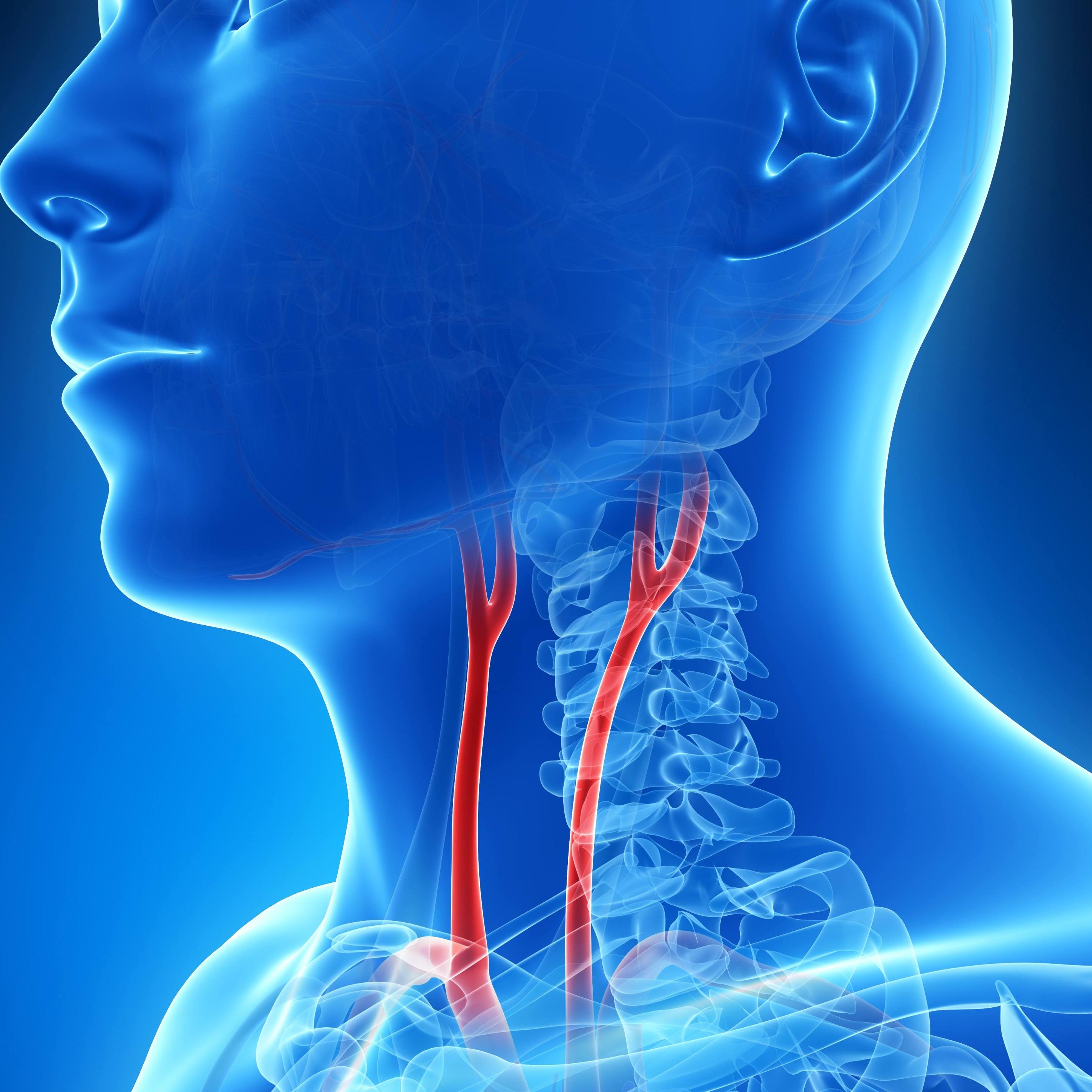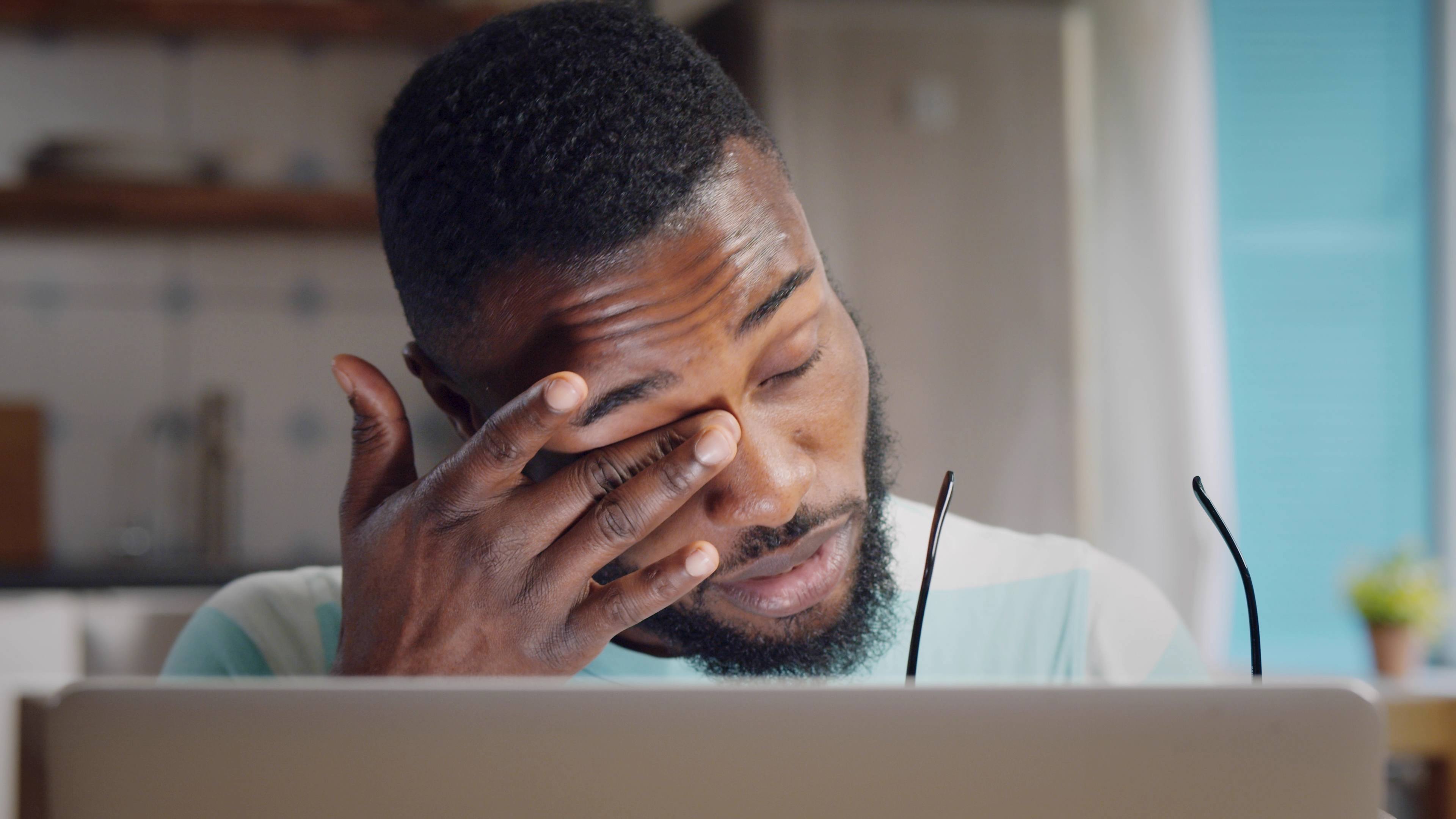 THIS WEEK'S TOP STORIES
THIS WEEK'S TOP STORIES
Insect bites and stings: First aid
Most reactions to insect bites and stings are mild, causing little more than redness, itching, stinging or minor swelling. Rarely, insect bites and stings, such as from a bee, wasp, hornet, fire ant or scorpion, can result in severe reactions. Some insects also carry disease, such as West Nile virus. Learn how to take care of an insect bite or sting that causes a mild reaction, and when you need to seek emergency medical care.
Long-term care: Early planning pays off
Long-term care is a term used to describe home and community-based services for adults who need help taking care of themselves. If you're considering long-term care options for yourself or a loved one, start the research and discussions early. If you wait, an injury or illness may lead to a hasty decision that might not be best in the long run. Here's what you need to know.
EXPERT ANSWERS
What are functional foods?
Functional foods are foods that could positively affect health beyond basic nutrition. Proponents of functional foods say they promote optimal health and reduce the risk of disease. Learn more from Katherine Zeratsky, a Mayo Clinic registered dietitian nutritionist.
Can a Mediterranean diet lower Alzheimer's risk?
A Mediterranean diet — one rich in fruits, vegetables, olive oil, legumes, whole grains and fish — offers many heart-healthy benefits. But a Mediterranean diet also may benefit your brain. Learn more from Dr. Jonathan Graff-Radford, a Mayo Clinic neurologist.
PLUS ADDITIONAL HIGHLIGHTS
Huntington's disease
Video: 'Why is it so hard to stop smoking?'
Liposuction
Canker sore
HEALTHY RECIPES
Dilled pasta salad with spring vegetables
Creamy asparagus soup
Easy nacho skillet dinner
Rancher's eggs
HEALTH TIP OF THE WEEK
Is your hearing at risk?
Repeated exposure to loud noise can damage the delicate, sound-sensitive hair cells in your inner ear. You can't reverse hearing loss, so take steps to protect your hearing:
- Turn down the volume on headphones.
- Wear earplugs or other protection when you're around noisy tools, equipment or firearms.
- If you're frequently around loud noise, ask your health care provider about yearly hearing exams.
Need practical advice on diet and exercise? Want creative solutions for stress and other lifestyle issues? Discover more healthy lifestyle topics at mayoclinic.org.
Receive a free e-subscription to Housecall and other health newsletters.







